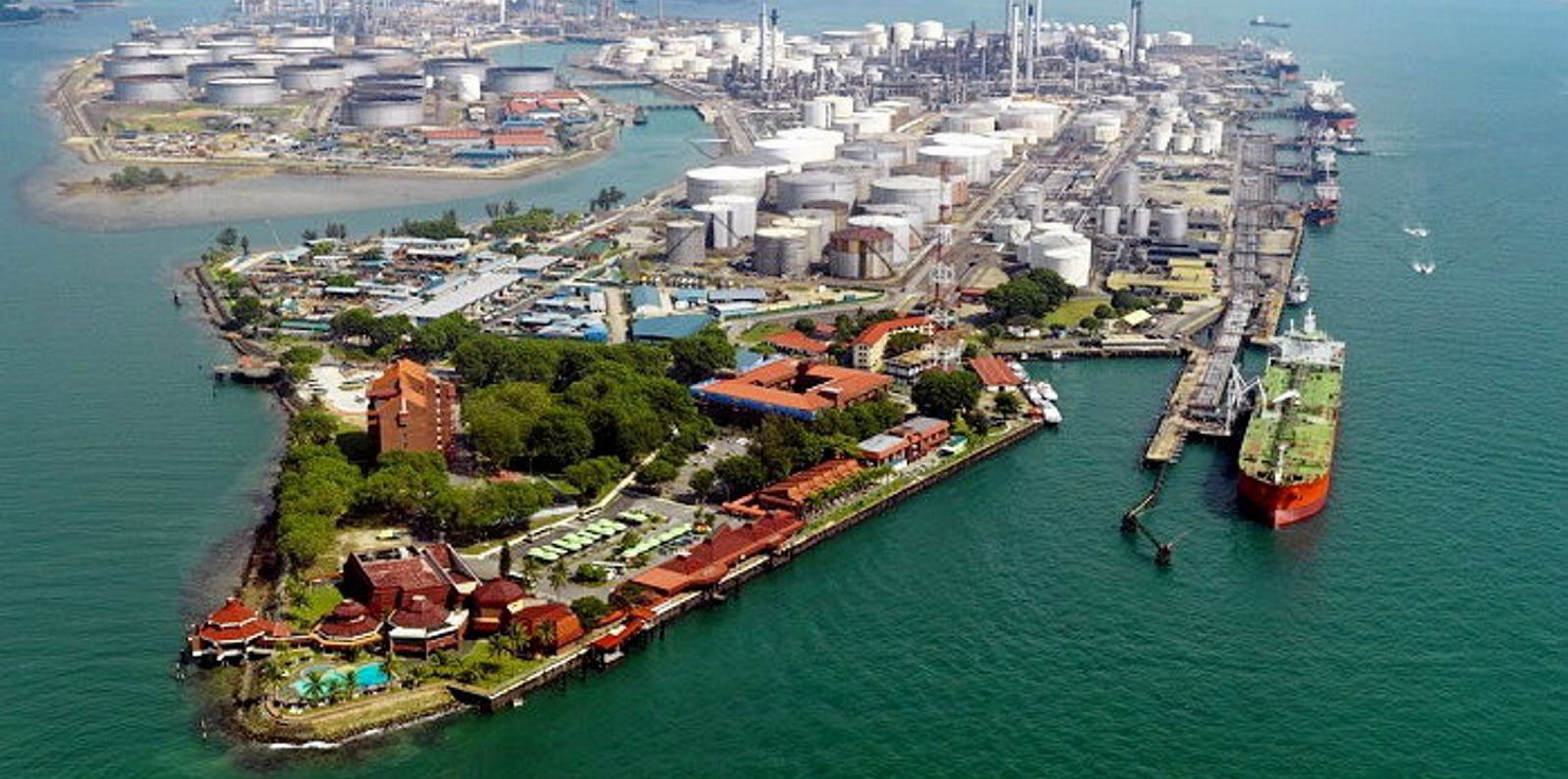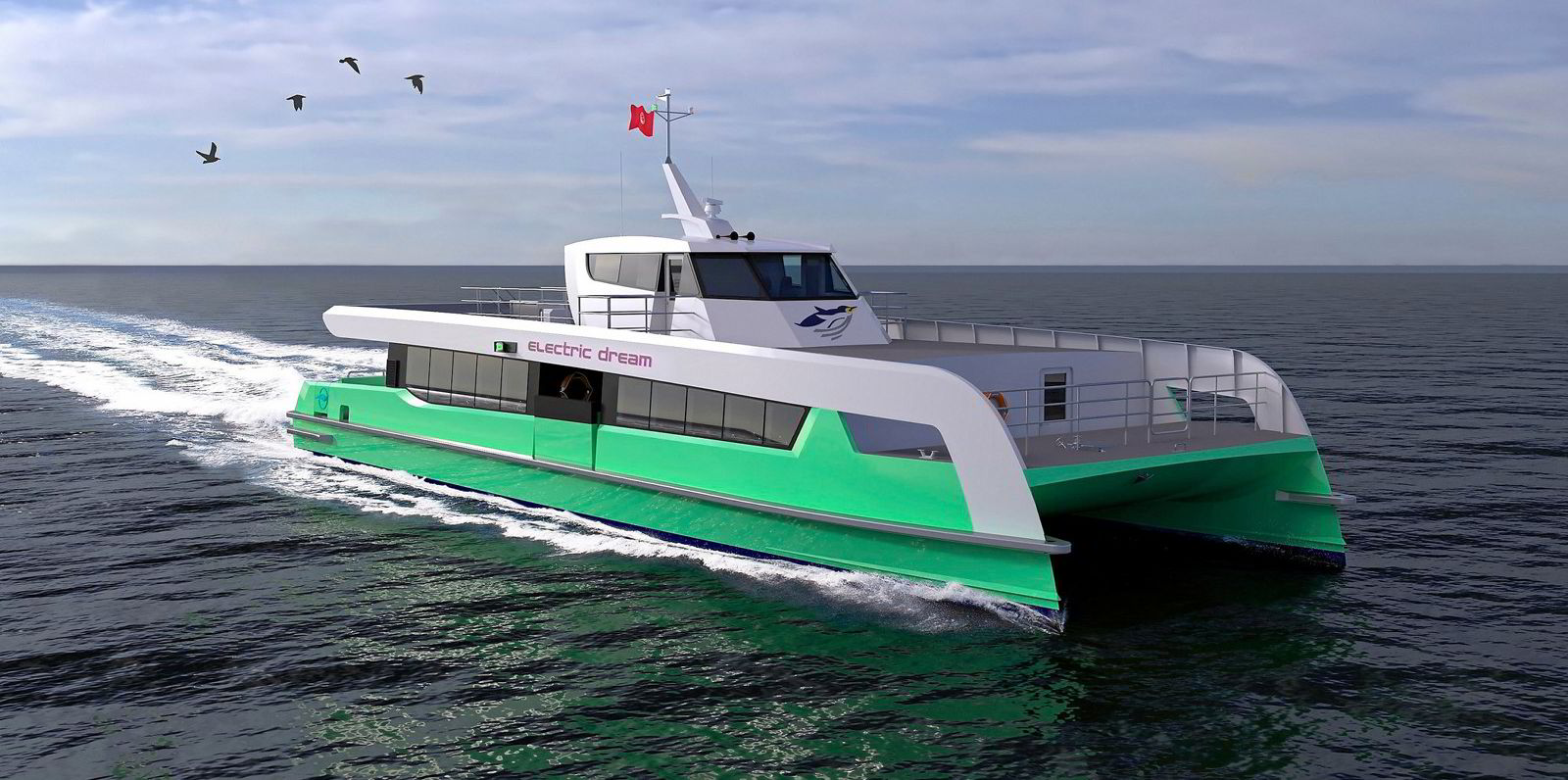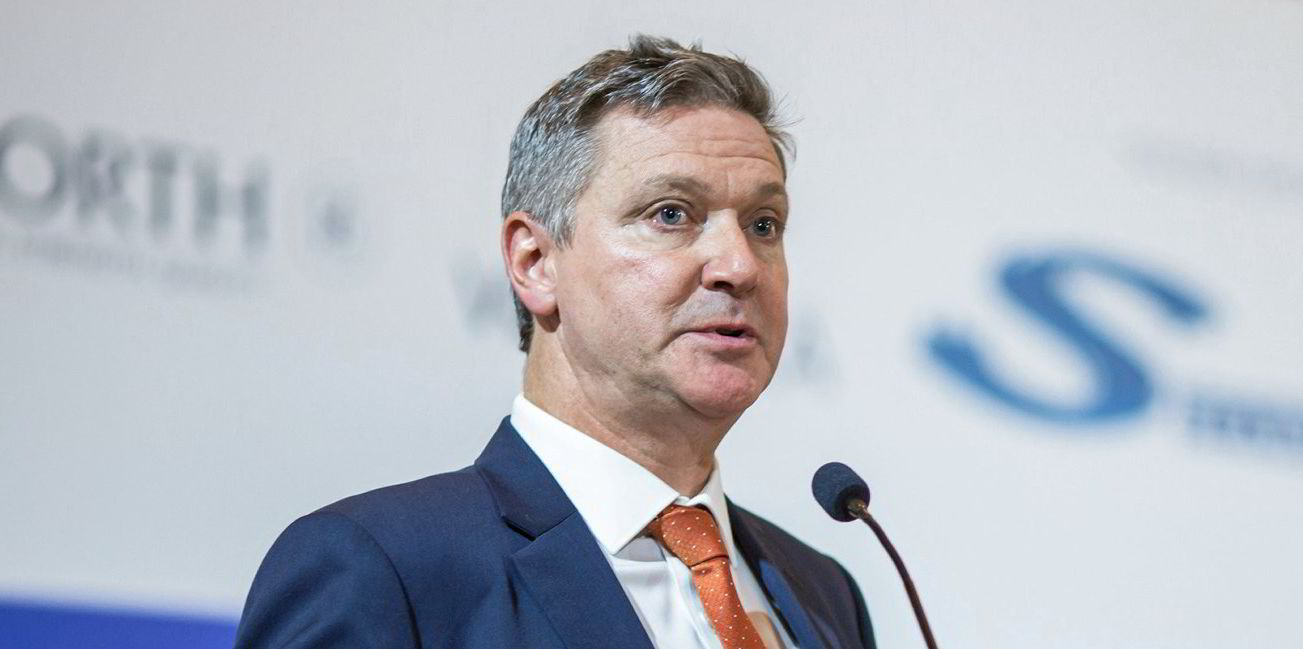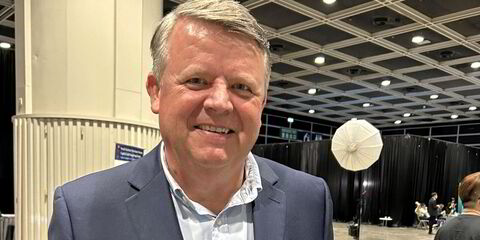Shell has ordered three fully electric ferries at a shipbuilder in Singapore to replace conventional diesel-powered ferries it uses in the city state.
Penguin International has been awarded the contract to design, build and operate the vessels when they enter service in the first half of 2023.
Shell said in a statement that the ferries will be the first fully electric ferry service in Singapore and a first for Shell globally.
The 200-seater single-deck ferries will be used to transport passengers between mainland Singapore and Shell’s Energy and Chemicals Park on the island of Bukom.
The 5.5 km (3.5 mile) route is a busy connection that transports about 3,000 passengers a day, or an estimated 1.8m passenger trips annually.
The vessels will be powered by a lithium-ion battery system with a capacity of 1.2 MWh and run at speeds of over 20 knots with zero emissions and noise.
When berthed at Shell Bukom, the ferries will be charged via a combination of fast charging during peak hours, and slow charging during off-peak hours.
"Shipping’s future will involve different parts of the sector using different fuels, and electrification is a solution to decarbonise short voyages, including port operations," said Nick Potter, general manager of Shell Shipping and Maritime, Asia Pacific and Middle East.
"Switching to zero-emission, fully electric ferries is part of Shell’s ambition to help accelerate progress towards net-zero emissions in the shipping sector."
Penguin International managing director James Tham said the project marked "Singapore’s first real-world commercial application of marine electrification".

"Penguin and our project partners Incat Crowther and Razor Blunt Labs have designed a safe and reliable end-to-end solution that meets Shell’s standards," he added.
Maritime and Port Authority chief executive Quah Ley Hoon said Shell’s bold move to commission new fully electric ferries will "take us a step closer to making a low-carbon future a reality for our maritime sector".
In April, Shell teamed up with Penguin and Sembcorp Marine to collaborate on a feasibility study to trial the use of hydrogen fuel cells for ships, in what was described as "the first of its kind for Shell and in Singapore".
Shell said its analysis points to hydrogen with fuel cells as the zero-emissions technology which has the "greatest potential to help the shipping sector achieve net-zero emissions by 2050".
The trial will develop and install an auxiliary power unit Proton Exchange Membrane (PEM) fuel cell on an existing ro-ro vessel chartered by Shell.
This is the second major development in the reduction of carbon emissions by a major shipping player in Singapore in recent weeks.
Vitol has just placed an order to build two electric-hybrid bunker tankers for deployment in Singapore by its bunker operations company V-Bunkers.
The bunker tankers are being built with electric-hybrid notation and will employ energy storage systems (ESS) technology comprising Lithium ion batteries for energy storage and a highly automated power management system that will manage power consumption and thereby reduce greenhouse gas emissions.
In addition, the ESS has the capability to charge its battery system from onshore power supply sources once such charging facilities become available in Singapore.
Delivery of the first of the two bunker tankers is expected in the second half of 2022.





